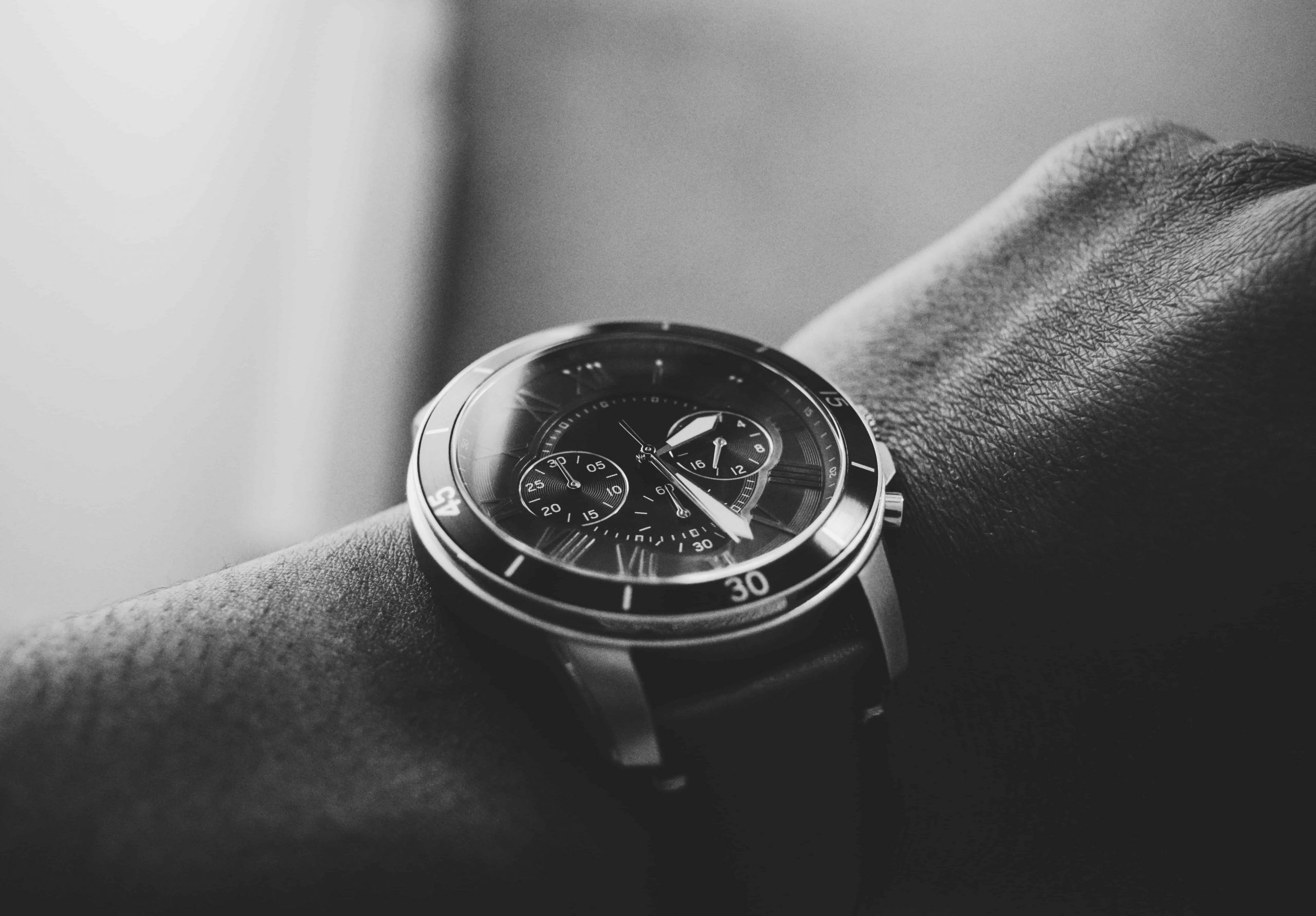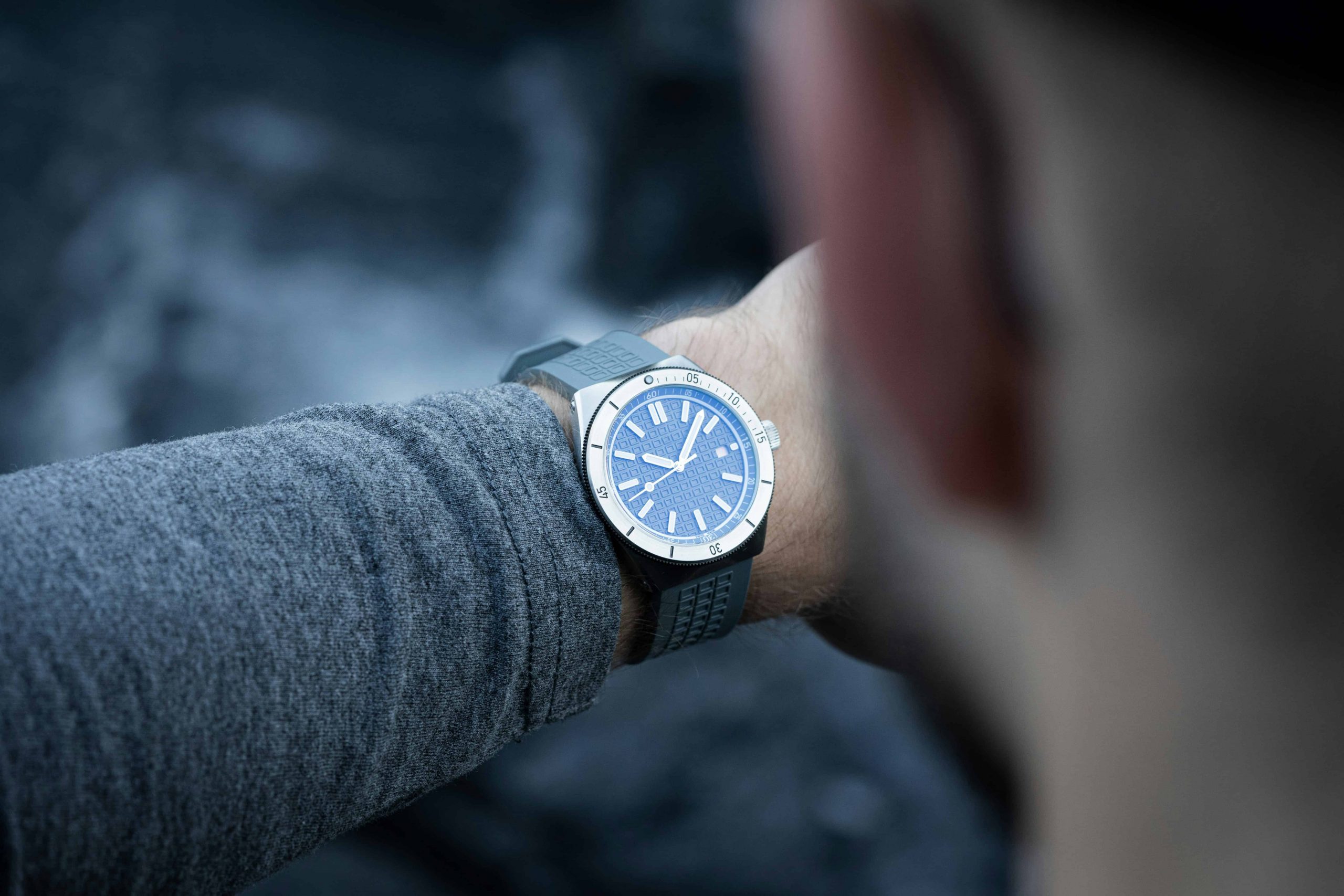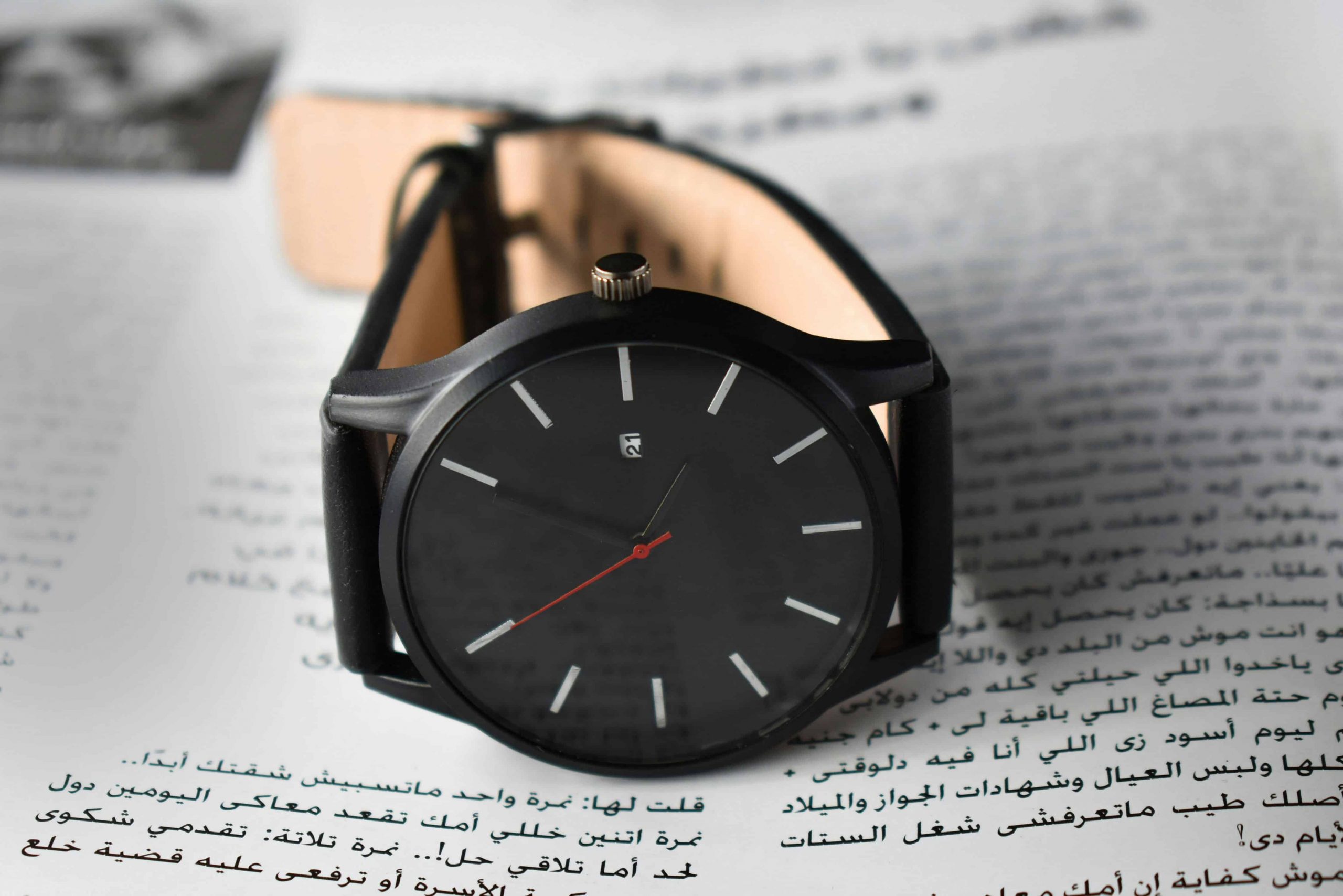
Beyond Time Exploring the Inner Workings and Innovations of Classic Watches
Introduction
The allure of timeless classic watches lies in their ability to transcend fleeting trends, captivating enthusiasts with their enduring charm. At the heart of this allure are the mechanical innovations that have stood the test of time, anchoring these timepieces in a realm where tradition meets innovation.

© Jordan Madrid / Unsplash
Core Mechanisms of Classic Watches
Mainspring
The mainspring serves as the powerhouse of a mechanical watch, storing energy generated by winding and releasing it gradually to drive the timekeeping mechanism.
Gear Train
The gear train functions as the transmission system of the watch, efficiently transferring energy from the mainspring to other vital components while regulating its distribution.
Escapement
Often hailed as the heart of the watch, the escapement regulates the release of energy from the mainspring, ensuring precise timekeeping by controlling the oscillations of the balance wheel.
Balance Wheel
The balance wheel, akin to a metronome, swings back and forth at a consistent rate, providing the rhythmic heartbeat of the watch and maintaining its accuracy.

© Andreas Bentele / Unsplash
Innovations Contributing to Timelessness
High-Beat Movements
High-beat movements, with their increased frequency, enhance the smoothness of the second hand’s sweep and improve overall accuracy, showcasing the relentless pursuit of precision.
Power Reserve
The concept of power reserve denotes the duration for which a watch can operate without requiring winding. Extended power reserves not only enhance practicality but also reflect advancements in efficiency and autonomy.
Materials Science
Advancements in materials science have revolutionized watchmaking, with sapphire crystal offering unparalleled scratch resistance and anti-magnetic alloys safeguarding delicate mechanisms against external influences, ensuring longevity and durability.
Complications
Complex features like chronographs and moon phases add layers of functionality and intrigue to mechanical watches, elevating them beyond mere timekeeping instruments to coveted objets d’art.

© Asmaa Elmasrey / Unsplash
Conclusion
In delving into the intricate mechanisms and innovations of classic watches, we uncover not just timekeeping devices but artifacts of human ingenuity and craftsmanship. These timepieces, with their enduring charm and precision engineering, serve as reminders of our relentless pursuit of excellence. As we traverse the realms of tradition and innovation, we discover that beyond telling time, these watches tell stories of perseverance, evolution, and the timeless allure of horology.
Key Takeaways
- Enduring Charm: Classic watches transcend fleeting trends, captivating enthusiasts with their timeless allure rooted in enduring craftsmanship and precision engineering.
- Mechanical Mastery: Core mechanisms such as the mainspring, gear train, escapement, and balance wheel serve as the foundation of these timepieces, ensuring precise timekeeping and longevity.
- Innovative Evolution: Advancements like high-beat movements, extended power reserves, and materials science revolutionize watchmaking, enhancing accuracy, durability, and practicality.
- Functional Intrigue: Complications such as chronographs and moon phases add layers of functionality and collectability, elevating mechanical watches beyond mere timekeeping instruments to coveted objets d’art.
- Symbol of Excellence: Classic watches embody the relentless pursuit of excellence, serving as artifacts that tell stories of human perseverance, evolution, and the timeless allure of horology.
FAQs (Frequently Asked Questions)
Are mechanical watches more accurate than quartz watches?
While quartz watches are known for their precision, mechanical watches offer a unique charm and can achieve impressive levels of accuracy, particularly in high-end models.
How often should I wind my mechanical watch?
Manual-winding watches typically require daily winding, while automatic watches use wrist movement for power and may need less frequent winding.
What is the significance of complications in a watch?
Complications enhance functionality and appeal, catering to collectors’ preferences, although they are not essential for basic timekeeping.
How do I maintain the accuracy of my mechanical watch?
Regular servicing and proper storage are crucial for maintaining accuracy, along with avoiding extreme conditions and magnetic fields.
Are mechanical watches more durable than quartz watches?
Mechanical watches, especially those crafted with high-quality materials, are durable, but quartz watches may require less maintenance and are resilient to shocks.
Experience the magic of tradition reinvented with Pierre Gaston’s innovative techniques, promising a captivating read for enthusiasts and novices alike.



